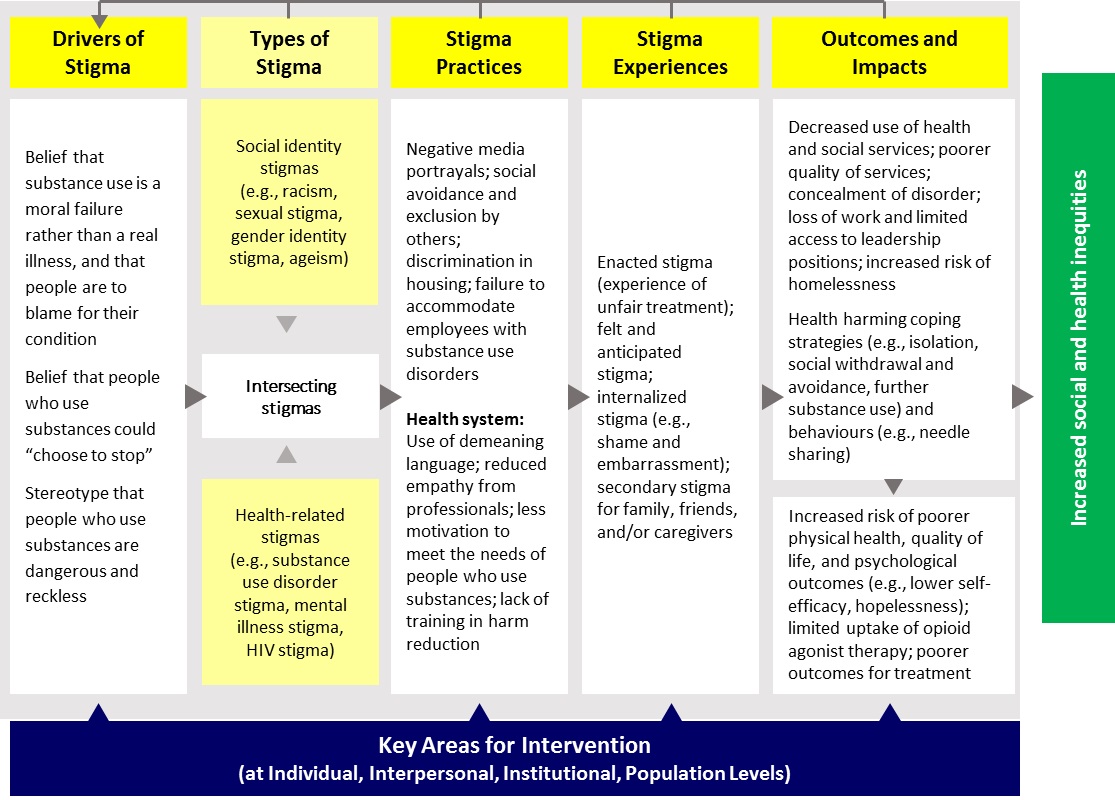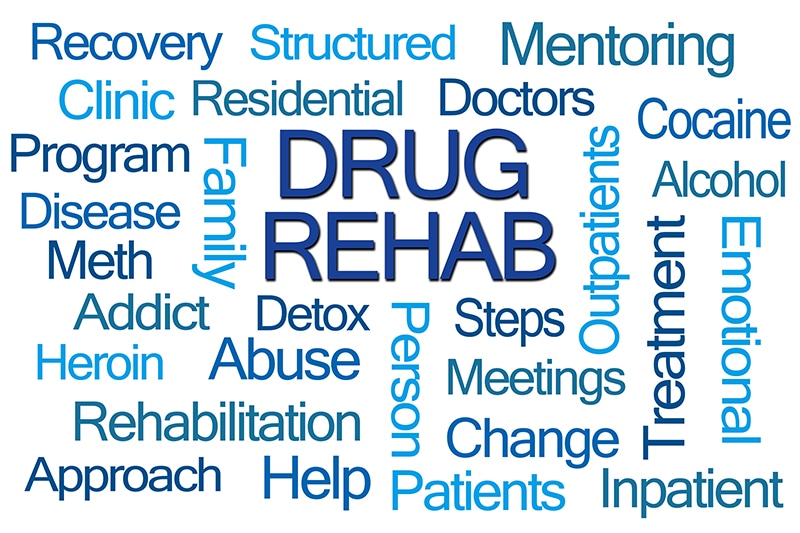A growing body of clinical evidence points to a far more rational and effective mixed public health/public safety technique to handling the addicted offender. Merely summed up, the data show that if addicted culprits are supplied with well-structured drug treatment while under criminal justice control, their recidivism rates can be minimized by 50 to 60 percent for subsequent drug usage and by more than 40 percent for more criminal habits.
In fact, research studies suggest that increased pressure to stay in treatmentwhether from the legal system or from household members or employersactually increases the quantity of time patients remain in treatment and enhances their treatment outcomes. Findings such as these are the underpinning of a really crucial trend in drug control methods now being implemented in the United States and lots of foreign countries.
Diversion to drug treatment programs as an alternative to incarceration is acquiring popularity across the United States. The commonly applauded growth in drug treatment courts over the previous five yearsto more than 400is another successful example of the blending of public health and public security approaches. These drug courts use a combination of criminal justice sanctions and drug utilize monitoring and treatment tools to handle addicted offenders.
Addiction is both a public health and a public security concern, not one or the other. We must handle both the supply and the need problems with equal vitality. Substance abuse and addiction have to do with both biology and habits. One can have a disease and not be an unlucky victim of it.
I, for one, will remain in some methods sorry to see the War on Drugs metaphor go away, but disappear it must. At some level, the idea of waging war is as proper for the health problem of addiction as it is for our War on Cancer, which simply means bringing all forces to bear on the problem in a focused and stimulated method.
Indicators on What Agency Would Be Concerned With Drug Addiction You Need To Know
Moreover, fretting about whether we are winning or losing this war has actually degraded to using simplistic and inappropriate steps such as counting drug user. In the end, it has only sustained discord. The War on Drugs metaphor has done absolutely nothing to advance the genuine conceptual challenges that require to be overcome (how does drug addiction start).
We do not rely on basic metaphors or methods to deal with our other significant nationwide issues such as education, health care, or national security. We are, after all, attempting to fix truly significant, multidimensional problems on a national and even international scale. To cheapen them to the level of slogans does our public an oppression and dooms us to failure.
In fact, a public health approach to stemming an epidemic or spread of an illness constantly focuses comprehensively on the agent, the vector, and the host. In the case of drugs of abuse, the agent is the drug, the host is the abuser or addict, and the vector for sending the disease is plainly the drug suppliers and dealerships that keep the representative flowing so easily.
However just as we must deal with the flies and mosquitoes that spread infectious diseases, we must straight address all the vectors in the drug-supply system. In order to be truly reliable, the blended public health/public security techniques advocated here must be carried out at all levels of societylocal, state, and nationwide.
Each neighborhood should overcome its own locally suitable antidrug application strategies, and those strategies should be just as detailed and science-based as those set up at the state or national level. The message from the now very broad and deep variety of clinical proof is definitely clear. If we as a society ever hope to make any real progress in handling our drug problems, we are going to have to increase above moral outrage that addicts have actually "done it to themselves" and develop methods that are as advanced and as complex as the problem itself.
Why Is Drug Addiction Bad Things To Know Before You Buy

Nevertheless, no matter how one may feel about addicts and their behavioral histories, an extensive body of scientific proof reveals that approaching addiction as a treatable disease is exceptionally affordable, both financially and in terms of more comprehensive societal effects such as household violence, criminal activity, and other kinds of social turmoil.
The opioid abuse epidemic is a full-fledged item in the 2016 campaign, and with it questions about how to combat the issue and treat individuals who are addicted. At a debate in December Bernie Sanders explained addiction as a "illness, not a criminal activity." And Hillary Clinton has laid out an intend on her website on how to combat the epidemic.
Psychologists such as Gene Heyman in his 2012 book, " Addiction a Disorder of Option," Marc Lewis in his 2015 book, " Dependency is Not an Illness" and a roster of worldwide academics in a letter to Nature are questioning the worth of the classification. So, what exactly is dependency? What role, if any, does option play? And if dependency includes choice, how can we call it a "brain disease," with its implications of involuntariness? As a clinician who deals with individuals with drug problems, I was stimulated to ask these concerns when NIDA called addiction a "brain illness." It struck me as too narrow a perspective from which to comprehend the intricacy of addiction.
Is addiction simply a brain problem? In the mid-1990s, the National Institute on Drug Abuse (NIDA) presented the idea that addiction is a "brain illness." NIDA explains that dependency is a "brain illness" state because it is tied to changes in brain structure and function. True enough, repeated use of drugs such as heroin, cocaine, alcohol and nicotine do alter the brain with respect to the circuitry associated with memory, anticipation and satisfaction.
Internally, synaptic connections strengthen to form the association. However I would argue Mental Health Doctor that the critical question is not whether brain changes occur they do but whether these changes block the factors that sustain self-discipline for individuals. Is dependency truly beyond the control of an addict in the exact same way that the signs of Alzheimer's illness or several sclerosis are beyond the control of the afflicted? It is not.
Everything about Which Neurotransmitter Is Involved In Drug Addiction

Picture paying off an Alzheimer's client to keep her dementia from getting worse, or threatening to enforce a charge on her if it did. The point is that addicts do respond to repercussions and benefits regularly. So while brain changes do take place, describing addiction as a brain illness is minimal and deceptive, as I will discuss.
When these individuals are reported to their oversight boards, they are kept track of closely for numerous years. They are suspended for a time period and return to work on probation and under strict supervision. If they don't abide by set guidelines, they have a lot to lose (jobs, earnings, status).
And here are a few other examples to consider. In so-called contingency management experiments, topics addicted to drug or heroin are rewarded with coupons redeemable for money, household products or clothing. Those randomized to the coupon arm consistently delight in much better outcomes than those getting treatment Discover more as normal. Think about a research study of contingency management by psychologist Kenneth Silverman at Johns Hopkins.